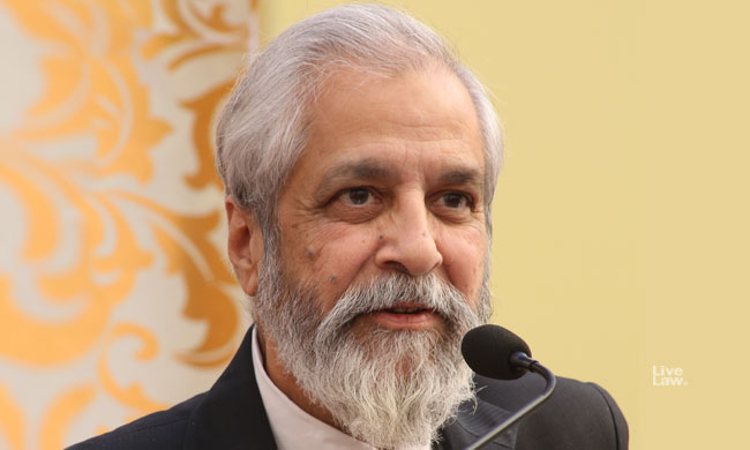To highlight concerns about the subversion of the Right To Information Act, former Supreme Court judge Justice MB Lokur cited the instance of lack of information about the funds in the PM CARES Funds."How there is no information out in the public domain about how crores and crores of money that has been donated by average citizens and big business is being spent?", he said. He said that we...

